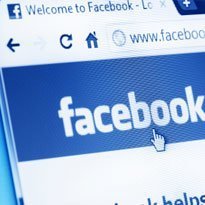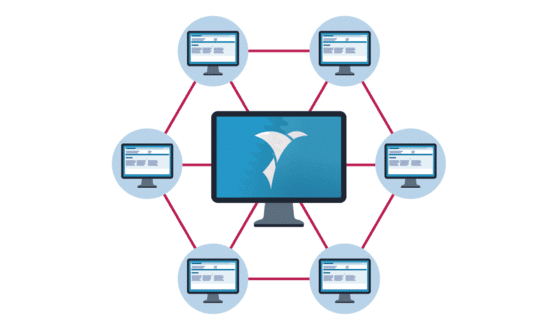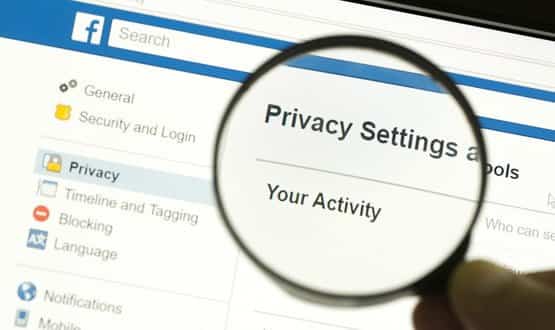Facebook and Twitter liked for health
- 9 May 2012

One in three people are now using social networking sites such as Facebook and Twitter for health related issues according to a study by management consultants PricewaterhouseCoopers.
The study, which surveyed more than 1,000 consumers and 124 healthcare executives in the US, showed people are using social media to influence decisions to seek care and to find answers to their medical wants, needs and preferences.
The Health Research Institute arm of PWC monitored social media traffic for a week, and found that patients are choosing to obtain medical information from community or patient sites rather than those set up by healthcare organisations.
The survey established that social media usage by the healthcare industry in the US is dwarfed by consumer interaction, with 24 times more activity on community sites.
And more than seven out of ten respondents also wanted to receive more assistance from healthcare providers via social media for referrals and the scheduling of appointments.
Exploring ‘healthcare, hash tags and the Facebook generation’, was launched at last week’s 2012 Health Informatics Congress. Keith Pollard, managing director of Intuition Communication, said that social media has changed the “patient-provider dynamic.”
Pollard added: “The web has changed the power of patient voice, the involvement of patients in decision making and their treatment. It is patients saying I think and I want and patients are beginning to express their wants about healthcare delivery.”
According to Pollard, who provides what he described as “the private-sector equivalent of NHS Choices”, the demands of patients has progressed considerably since GPs and hospitals first started issuing “comment forms and patient satisfaction surveys.”
“There is a massive noise of patient voice going on and there has been a massive growth in the social forums where people now go and talk about issues such as diabetes treatments and hip replacements.”
Referring to the recent PIP breast implant scandal, Pollard told delegates that within the space of one week, 1.5m web search pages on Google contained information regarding the issue, with a further 329,000 videos and 22,500 discussions providing more details.
“Doctors were posting videos of PIP implants being taken out of people and there was incredible amounts of discussion on Twitter and Facebook. People are now looking to social media for a second opinion,” he said.
Pollard challenged healthcare providers to engage more with patients and to “expand the experience beyond a clinical encounter.”
He stated that the reluctance to engage on such sites is often driven by a fear of “bad news and reviews”.
However, the PwC study indicated that the majority of mentions on social media regarding medical treatment were “neutral”, with only 5% of comments deemed negative.
“The problem with the NHS is when a patient says this [their treatment] is a disaster. Many doctors and hospital providers don’t like to hear when it is bad news. We need to change this philosophy and doctors need to listen to those at the end of the chain.
“The power of social media for health organisations is the benefit of listening and engaging with patients on their terms,” he added.
The study also concluded that that the use of social media could feature in the future collection of data from individuals, even being implemented to help “complete the patient profile”.
Pollard warned that “participating was easy” but that trusts and GP surgeries should give someone the responsibility to respond and engage with patients.
Pollard said: “There are many opportunities for healthcare organisations. The benefits are from listening and actively monitoring what is being said about you to try and understand what is going on.
“Engaging and responding to problems highlighted on Facebook and Twitter is important. And give someone the responsibility at your trust or surgery to respond to these issues like many corporate companies do.”
Last week, Facebook announced a new partnership with NHS Blood and Transplant, which will add a ‘Health and Wellbeing’ button to the site, attracting users to sign up as organ donors, and allowing those already registered on the list to publicise it.
Currently, three Britons die every day while waiting for an organ transplant and Facebook hopes its 30million UK users will be encouraged to sign up to the register if they see that some of their friends have already done so.
‘Healthcare, hash tags and the Facebook generation’




